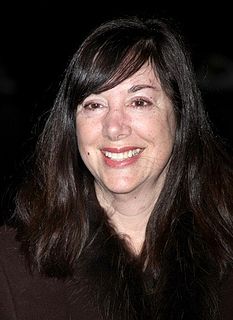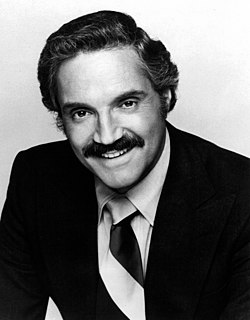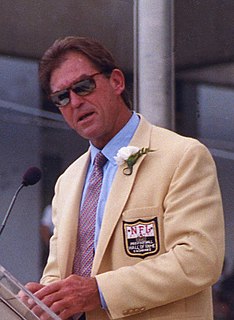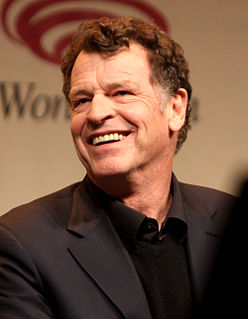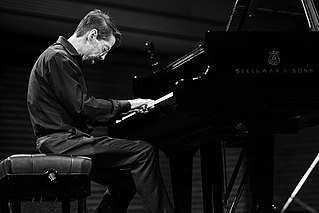A Quote by Abi Morgan
I always say writing a play is like toothache: I find it incredibly painful, and it's only once the play's out that the pain is gone.
Related Quotes
When do I say No? I say No when I feel that the intention of the play, or the spirit, or tone - or text! - is being knowingly changed. Fortunately, this has happened only once. Next time I would say No earlier, and definitively. Otherwise, ultimately, the only No you have is No, you can't open the play. And that No is very very hard to say.
I find it's very confusing when one critic tells you one thing and one tells you something completely different. Unless all the critics agree on parts of the play that just didn't work. I have stopped reading reviews, because I find writing is all about courage. You must have courage when you start writing a play and you cannot have the voice - you must write things out. You cannot have the voice of a critic telling you, "That didn't work in that play, you cannot make it work in another play." Every time you do a production, it's an experimentation.
I feel that when I began writing, I had a need to know more about the play before I got into it. I think that's the way I was thinking. But my actual experience is that the best way to find out what the structure is, is by writing the play out laterally. You just have got to be brave enough to start without knowing where you are going.
A lot of guys in New York will only play with an edge. They find their groove and that's their groove. to me, once I do that, there's no point in playing anymore because it should always be a mystery. Depending on who you are playing with, there are hundreds of ways of playing. I think that a master can play all those different kinds of time.



